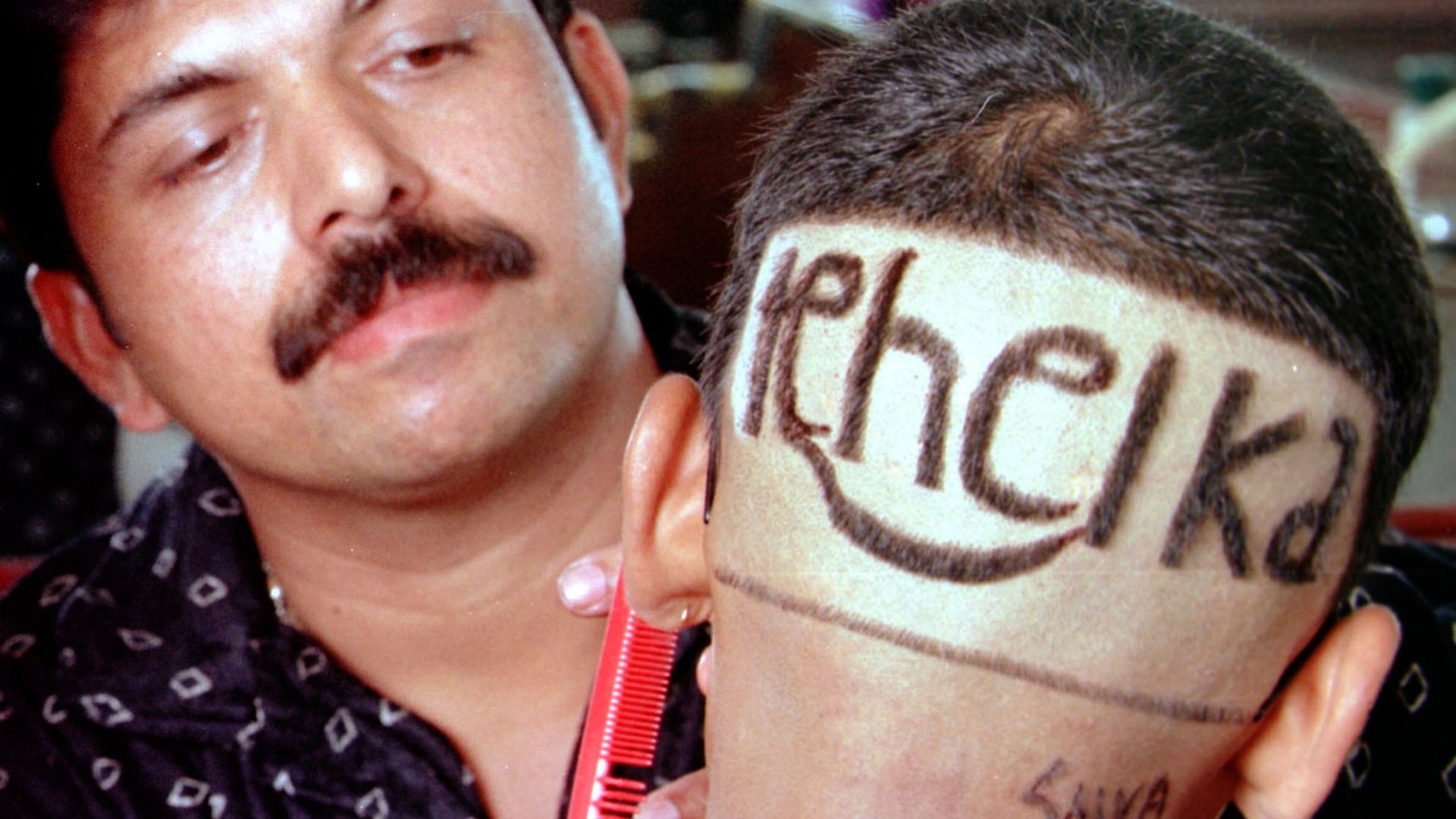India’s biggest muckraker now deserves the scrutiny he introduced to the country
In 2001, a tiny startup in New Delhi nearly brought down the Indian government with a sting operation exposing bribery in defense deals. The magazine, named Tehelka after the Hindi word for “sensation,” broadcast footage online that implicated politicians and military officials; some resigned.


In 2001, a tiny startup in New Delhi nearly brought down the Indian government with a sting operation exposing bribery in defense deals. The magazine, named Tehelka after the Hindi word for “sensation,” broadcast footage online that implicated politicians and military officials; some resigned.
Tehelka’s success marked a turning point for media in a country besieged by corruption. Its rise had everything to do with the power of the internet.
And so, too, might its fall.
Yesterday, Tehelka editor Tarun Tejpal admitted “misconduct” against a fellow journalist, and said he would step aside temporarily for six months to “atone.” He added: “A bad lapse of judgment, an awful misreading of the situation, have led to an unfortunate incident that rails against all we believe in and fight for.”
In an email to Tehelka staffers, managing editor Shoma Chaudhary said: “There has been an untoward incident, and though he has extended an unconditional apology to the colleague involved, Tarun will be recusing himself as the editor of Tehelka for the next six months.”
What on earth are they talking about? Or, rather, talking around? Headlines refer to a sexual assault, even as that term has not appeared anywhere in the editors’ correspondence. Amid allegations that the incident took place at Thinkfest, a Tehelka-sponsored conference in Goa, authorities from the coastal state say they have ordered an inquiry.
Clearly, we don’t know much. And yet … everyone knows. Or can imagine.
There’s outrage on Twitter, Reddit, blogs. Six months off? Is this the same magazine editor who demands justice and accountability from everyone else?
It’s anyone’s guess whether the mainstream media will join the fray. Initial coverage felt official, clipped, distant. That might stem from the unwritten rule in Indian media to keep silent about our own. At least officially. (Ask any reporter in New Delhi and the details come pouring out.)
I myself hesitated to even weigh in except a colleague implored me, saying the hypocrisy is intolerable. When I moved to New Delhi in 2006, Tarun Tejpal and his wife invited my family and me into their home for drinks, tea, pakoras; as warm a welcome to the Delhi journalists’ fraternity as it gets. I told him then, as I’d tell him now, that I admired his work. Tehelka, hawked by street children who likely can’t read its prose, is among the few publications that regularly covers the conflict-ridden northeast region from which my family hails. In May, as India still reeled from a brutal and fatal gang rape aboard a moving bus in Delhi, Tehelka wrote about the rampant sexual molestation of children across the country.
And so I turned to Tejpal’s own words to eventually find my own. In a 2007 interview after a damning exposé on Narendra Modi, Tejpal said:
- “It’s a conspiracy of silence between all the interested groups and the media is now a part of it.”
- “What we are and what I imagine a good publication should be is liberal in their ability to handle different kind of ideas and that’s the country, they should be liberal, plural and should believe that the heart should always lie with the underdog.”
- “I discovered that there is a line which you cannot cross in media companies. That line is drawn by the owners of the companies.”
- “It’s never personal, I keep saying that. … It’s not even finally about him. The story is about an extremely dangerous and poisonous school of thinking that is part of the national blood stream now.”
Much remains unanswered, but Indian journalists should pay him heed as they grapple with muckraking the ultimate muckraker.